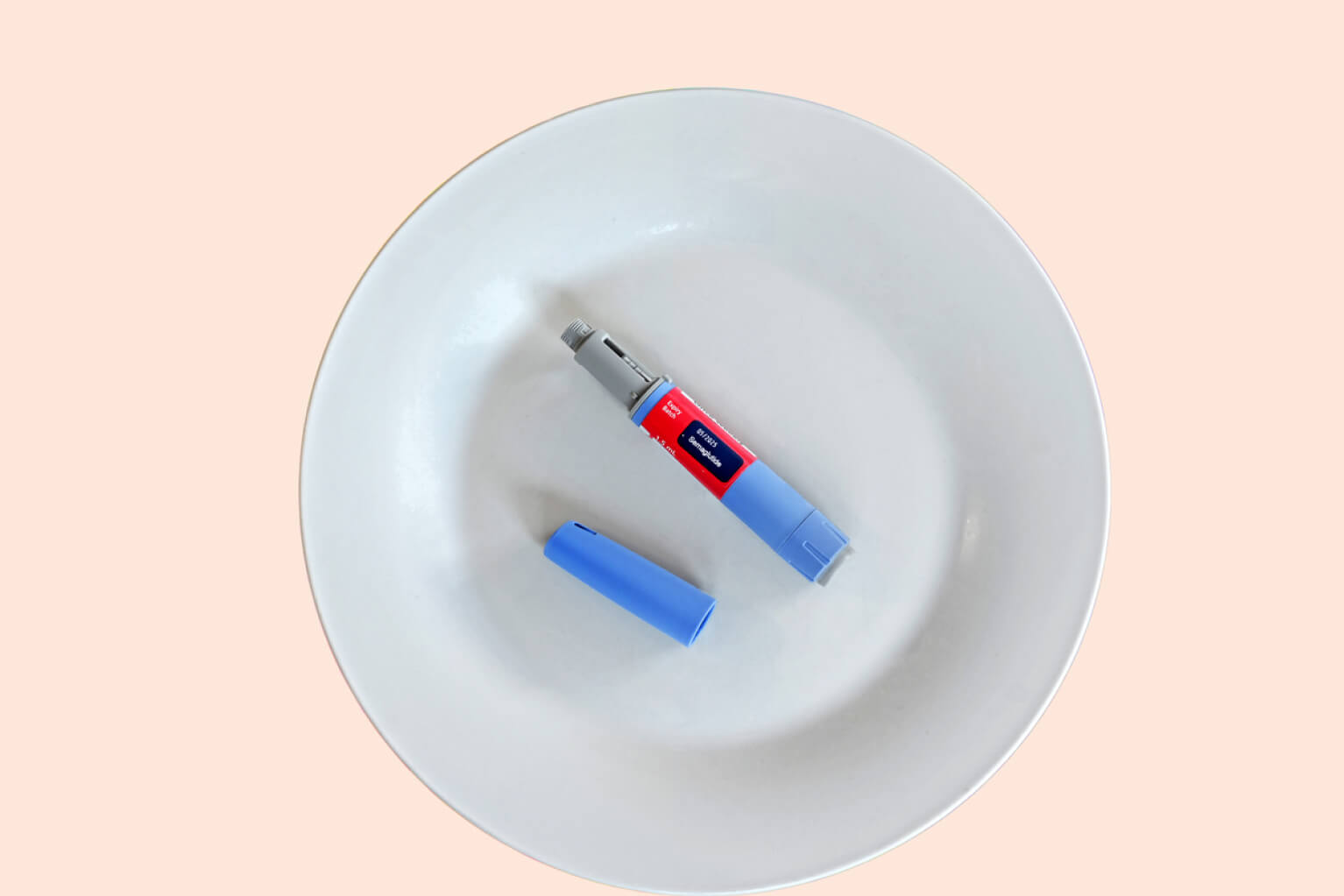
Users of drugs like Ozempic and Wegovy may have an increased risk of a serious complication while under anesthesia, according to a new update from the Food and Drug Administration.
The Food and Drug Administration updated the warning labels for GLP-1 agonists to include information on newly uncovered risks of pulmonary aspiration. The Dallas Morning News reported that the FDA added these warnings at the start of the month.
Pulmonary aspiration refers to inhaling substances besides air, such as food or liquid, into the lungs. According to the MD Anderson Cancer Center, sedated patients may experience the serious occurrence of pulmonary aspiration by inhaling some of their stomach’s contents during an operation. The National Institute of Health has referred to it as “one of the most feared complications of sedation” and it can be fatal.
Doctors typically ask patients who will be under general anesthesia to fast in advance, ensuring their stomach is empty to lower the risk of aspiration. But the FDA update warns that these types of drugs delay gastric emptying. This means the standard fasting times before procedures may not actually be long enough to ensure an empty stomach.
The FDA label update noted that some patients taking these drugs have suffered from pulmonary aspiration during elective surgeries and other procedures that require anesthesia. The agency also said that it is too soon to know how to rectify this concern.
“Available data are insufficient to inform recommendations to mitigate the risk of pulmonary aspiration during general anesthesia,” the update stated.
Ozempic Lawsuits Emerge as Health Concerns Rise
Ozempic lawsuits have been on the rise over the last couple of years. With its popularity, potential health concerns tied to it have also increased.
Ozempic is a type of drug that is formally known as GLP-1 agonist. These drugs are associated with serious gastrointestinal issues. Plaintiffs have filed so many lawsuits over these claims that they were consolidated into multidistrict litigation.
The MDL, which includes lawsuits against drugs like Ozempic, Wegovy and Mounjaro, focuses on claims that the use of these drugs can lead to gastroparesis.
According to Mayo Clinic, gastroparesis is a condition in which stomach movement slows, making it difficult to properly digest food. It can result in nausea, vomiting, stomach pain and changes in blood sugar levels.
As of this month, over 1,200 lawsuits are pending in the MDL.
More recently, Ozempic use has also been tied to vision loss. A JAMA Ophthalmology study that was published in July suggested that semaglutide (the official name for Ozempic and Wegovy) may be linked to a higher risk of nonarteritic anterior ischemic optic neuropathy (NAION).
According to the American Academy of Ophthalmology, NAION is a condition where blood flow to the optic nerve is blocked. This causes immediate and painless loss of vision in one eye. The study focused on patients who are taking semaglutide due to type 2 diabetes and on patients who are overweight or obese.
Lawyers are investigating lawsuits related to vision loss from Ozempic and similar drugs.
Editor Lindsay Donaldson contributed to this article.